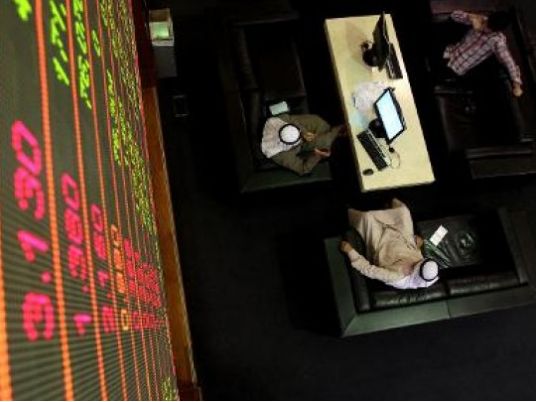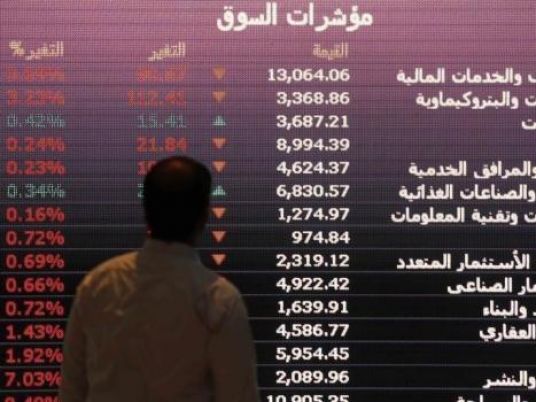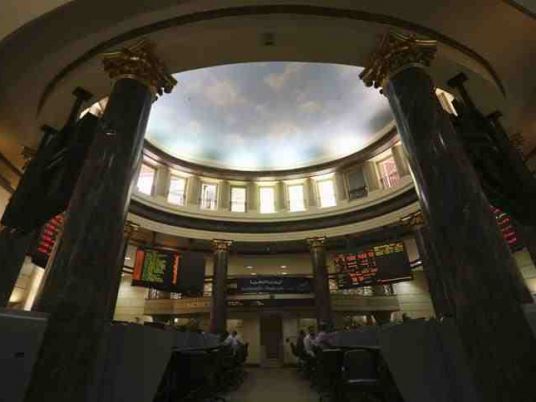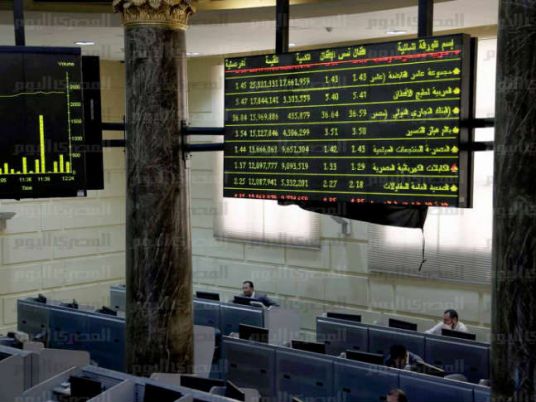
Uncertainty in global financial markets may keep Gulf stock markets on the back foot on Tuesday, while the death of a senior Egyptian official in a car bomb attack and concern about a foreign exchange shortage may depress Egyptian shares.
Several Gulf markets, particularly Dubai, ended the day off their lows on Monday, suggesting some investors had become willing to bargain-hunt after several days of decline.
A monthly Reuters survey of 15 leading Middle East fund managers, published on Tuesday, found them positive on United Arab Emirates markets for valuation reasons. Thirty-three percent now expect to increase allocations to UAE equities over the next three months while only 7 percent expect to cut them.
Nevertheless, continued worries over the Greek debt crisis and volatility on Chinese bourses may for now prevent any extended rebound in the Gulf. Brent oil futures are holding near three-week lows.
Among individual stocks, Oman's United Finance may be weak after National Bank of Oman said that following due diligence, it had decided to walk away from talks to buy the financial firm.
After Bank Nizwa earlier withdrew a merger proposal, that appears to leave Al Omaniya Financial Services as the only potential buyer of United Finance. [ID:nL8N0ZG04Z}
Egypt's market has been falling for a month and the index, last at 8,372 points, is heading for a test of technical support at its May low of 8,261 points.
Hisham Barakat was the most senior state official to die at the hands of militants since the toppling of an Islamist president two years ago. News of the car bomb attack reached the market before it closed on Monday, but news of Barakat's death arrived after the close.
Egypt's foreign exchange shortage, and authorities' efforts to stamp out a black market in foreign currency which have further tightened supply, are a major concern for the bourse.
The exchange on Monday ordered that Egyptian investors who buy global depository receipts (GDRs) by purchasing shares on the Cairo exchange in Egyptian pounds may only receive their returns in that same local currency.
The move appeared aimed at eliminating an avenue for acquiring dollars, and so may be seen as removing one incentive to buy Egyptian shares.




